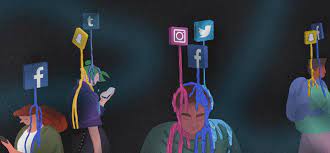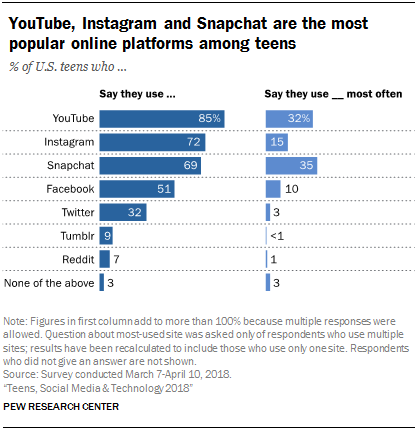
Parents, scientists, and the surgeon general express concerns, yet there is no universally agreed-upon definition of social media.
Recently, prominent voices, including the United States surgeon general, have issued strong public cautions regarding the detrimental impact of social media on teenagers’ mental well-being. These warnings have further intensified parental apprehensions about the potential effects of excessive phone usage on their children’s cognitive development.
Although numerous scientists acknowledge the concern, limited research exists to substantiate the harmful effects of social media or to identify specific sites, applications, or features that may be problematic. Furthermore, there is a lack of consensus regarding the definition of social media itself. Consequently, parents, policymakers, and other adults involved in teenagers’ lives find themselves without clear directives on what aspects of social media should be a cause for concern.
Jacqueline Nesi, a psychologist at Brown University specialising in this area says ” We have some evidence to guide us, but this is a scenario where we just need to know more”
Teenagers’ Social Media and Health: What’s Included?
In a recent warning, Surgeon General Dr. Vivek Murthy highlighted the significant potential harm associated with social media, without specifically mentioning any particular apps or websites. The report recognized the absence of a universally accepted scholarly definition of social media.
The majority of studies focus on platforms that involve user-generated content and interpersonal interactions. However, this raises various inquiries. For instance, does it have an impact on teenagers’ well-being if they come across posts from familiar or unfamiliar individuals? Does the act of posting content versus solely consuming it make a difference? Moreover, should multiplayer games, dating apps, or group texts be considered within the realm of social media and its potential effects?
YouTube presents a significant challenge in this context. It stands out as the most widely used platform among teenagers, with 95 percent of them utilising it, and nearly 20 percent claiming to use it “almost constantly,” according to Pew Research Center. Despite possessing all the characteristics of social media, YouTube has not been extensively included in many research studies.

Parental Actions in the Interim:
Experts unanimously acknowledged that waiting for research findings was not a viable option. They also generally concurred that a certain degree of social media usage had positive merits. Professor Choukas-Bradley emphasised that completely abstaining from social media could have detrimental effects on developmental aspects, considering its significance as a platform for social interaction.
Parents can Enforce restrictions, particularly during nighttime hours , Consider delaying the provision of a smartphone to a young teenager and instead introduce alternatives such as a smartwatch or a basic phone without internet access initially, Engage in conversations with your teenagers, encouraging them to share what they encounter on social media, inquire about their emotional responses, and have open discussions about privacy and safety aspects, Develop a family plan for screen time that considers activities that may contribute to stress versus those that offer long-term satisfaction, Model responsible internet use yourself. These things parents can do to their children.
According to Caleb T. Carr, a professor of communication at Illinois State, the focus should not be solely on monitoring specific apps. Instead, parents should actively interact with their children. Similar to how parents approached conversations before the advent of social media, they should discuss the importance of being good individuals and responsible citizens, emphasising respect for others as well as self-respect, and engaging in conversations about their day-to-day experiences.













